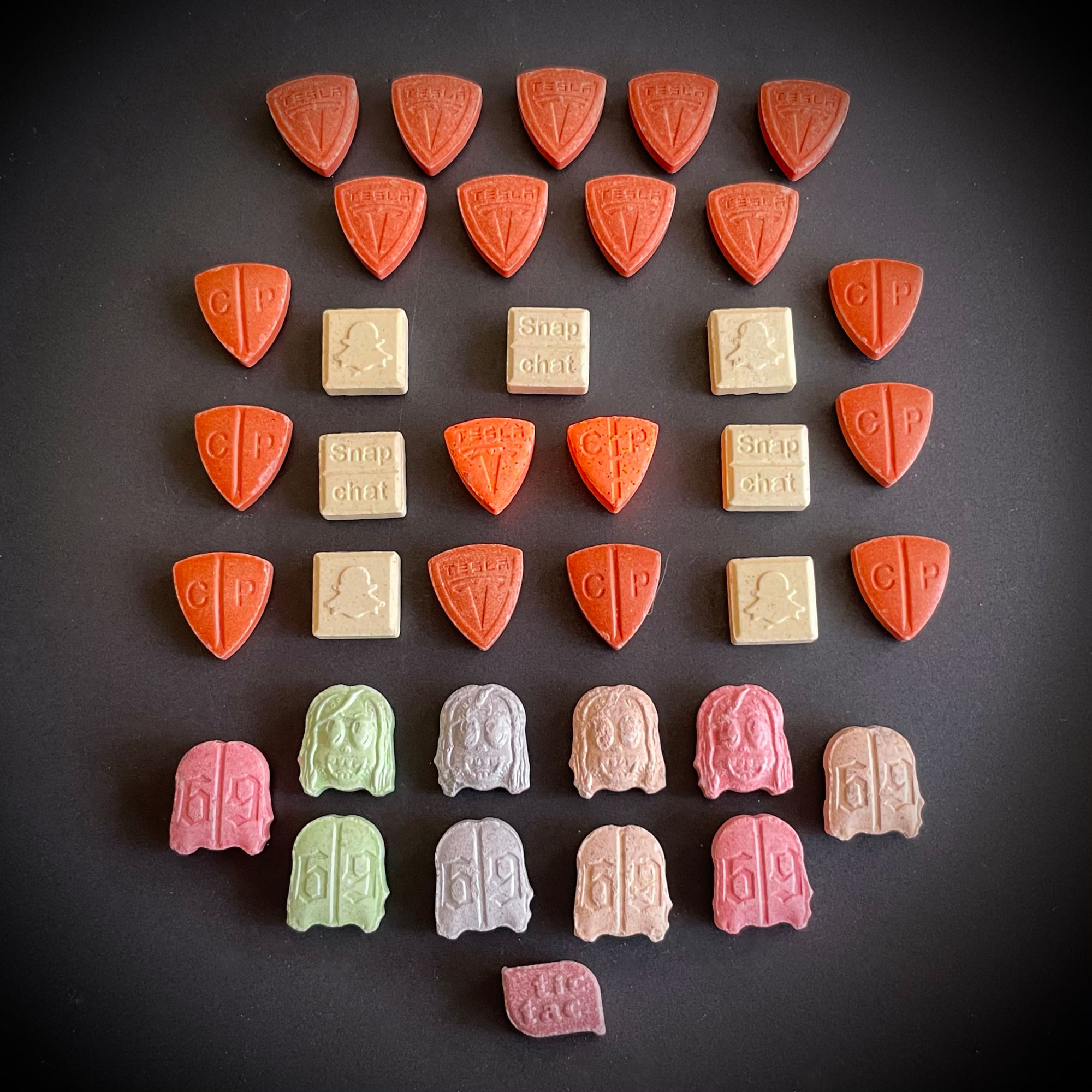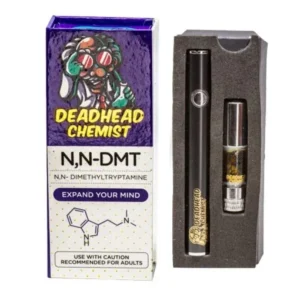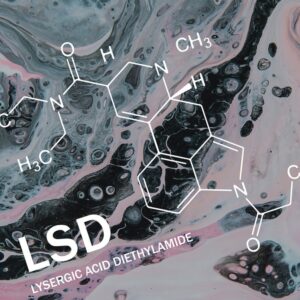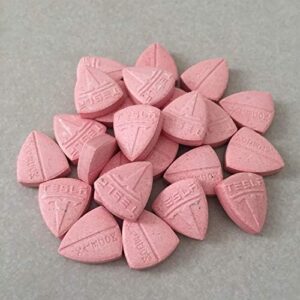What happens to your body when Ecstasy pill is used?
Chronic users of ecstasy pills perform more poorly than nonusers on certain types of cognitive or memory tasks. Some of these effects may be due to the use of other drugs in combination with ecstasy, among other factors. Research indicates heavy ecstasy use may cause persistent memory problems in humans, although studies are conflicting.
Physical Effects of ecstasy pills :
- In high doses, ecstasy can interfere with the body’s ability to regulate temperature. Dehydration is possible. On rare but unpredictable occasions, this can lead to a sharp increase in body temperature (hyperthermia), resulting in liver, kidney, and cardiovascular system failure, and death.
- Because it can interfere with its own metabolism (breakdown within the body), potentially harmful levels can be reached by repeated drug use within short intervals.
- Users face many of the same risks as users of other stimulants such as cocaine and amphetamines. These include increases in heart rate and blood pressure, a special risk for people with circulatory problems or heart disease, and other symptoms such as muscle tension or cramps, involuntary teeth clenching, tremors, nausea, blurred vision, faintness, and chills or sweating.
Psychological Effects of ecstasy pills:
- Psychological effects can include confusion, depression, sleep problems, drug craving, and severe anxiety. These problems can occur during and for days or weeks after taking ecstasy.
Neurotoxicity:
- Research in animals links ecstasy exposure to long-term damage in neurons that are involved in mood, thinking, and judgment. A study in nonhuman primates showed that exposure to the compound for only 4 days caused damage to serotonin nerve terminals that was evident 6 to 7 years later.
- While similar neurotoxicity has not been definitively shown in humans, the wealth of animal research on damaging properties suggests that the chemical is not a safe drug for human consumption.
Hidden Risks and Contaminants:
- Other drugs chemically similar to ecstasy, such as MDA (methylenedioxyamphetamine, the parent drug of ecstasy) and PMA (paramethoxyamphetamine, associated with fatalities in the U.S. and Australia) are sometimes sold as ecstasy. These drugs can be neurotoxic or create additional health risks to the user.
- Ecstasy tablets may be further contaminated with other substances in addition to MDMA, such as: ketamine (an anesthetic used mostly by veterinarians that also has PCP-like effects), cathinones (for example: “bath salts“), caffeine, cocaine, fentanyl and methamphetamine (“speed”).
- While the use of this agent by itself or with one or more of these drugs may be inherently dangerous, users might also unknowingly combine them with substances such as marijuana and alcohol, putting themselves at further physical risk.
Medical uses for Ecstasy Pills (MDMA)
Ecstasy pills (MDMA) is designated as Schedule I substance by the DEA. There are no approved medical uses for MDMA in the U.S.
Completed and ongoing MDMA studies can be found on clinicaltrials.gov. Researchers are looking at MDMA use as a possible treatment for:
- Post-traumatic stress disorder (PTSD)
- Anxiety in terminally ill patients
- Social anxiety disorder
- Eating disorders (anorexia nervosa, binge-eating disorder)
- Alcohol Use Disorder
Post Traumatic Stress Disorder (PTSD) and Opioid Use Disorder (OUD): co-occurring
The FDA has designated MDMA-assisted psychotherapy for PTSD as a Breakthrough Therapy.
A small study published in The Lancet Psychiatry looked at the use of MDMA in patients suffering from post-traumatic stress disorder (PTSD).
- Researchers gave three different doses of MDMA to 22 veterans, three firefighters and one police officer with PTSD. Among the participants, 23% had used ecstasy before. MDMA use was also combined with psychotherapy sessions.
- A month after the second session, a greater percentage in the high-dose groups no longer met diagnostic criteria for PTSD, compared with the low-dose group.
- After one year, 16 of the 26 participants (62%) no longer suffered from PTSD, but two had received a new diagnosis of PTSD. In addition, 12 patients were also taking additional psychiatric medications.
Side effects occurred with all doses, and included: anxiety, headache, fatigue, muscle tension, difficulty sleeping (insomnia), and suicidal thoughts.
However, not all experts were convinced. Long-term safety could not be guaranteed with this small group, and there is a risk of addiction and suicide in a population already at risk for these serious outcomes. Researchers note larger phase 3 studies should be completed, but those with PSTD should NOT use MDMA on their own to try to replicate these results.
Pharmacological Effects of MDMA
The allure of Tesla Ecstasy Pills, and ecstasy in general, is inextricably linked to the pharmacological effects of MDMA, its active ingredient. Understanding these effects is crucial to comprehending why MDMA remains a popular recreational drug and the risks associated with its use.
What is MDMA?
MDMA, or 3,4-methylenedioxy-methamphetamine, or Ecstasy Pills is a synthetic drug that alters mood and perception. It is chemically similar to both stimulants and hallucinogens, producing feelings of increased energy, pleasure, emotional warmth, and distorted sensory and time perception.
How MDMA Affects the Brain
MDMA exerts its primary effects in the brain on neurons that use the chemicals serotonin, dopamine, and norepinephrine to communicate with other neurons. The drug causes these neurons to release large amounts of these substances while preventing their reuptake, leading to an amplified and prolonged effect on mood and perception.
- Serotonin: This neurotransmitter is most affected by purple ecstasy pill. Its release leads to the mood-lifting effects of ecstasy, as well as feelings of emotional closeness and empathy. However, this flood of serotonin also depletes the brain’s supply, which can lead to mood swings, depression, or anxiety in the days following MDMA use.
- Dopamine: Known for its role in the ‘reward circuit,’ dopamine’s release under the influence of MDMA
blue ecstasy pill leads to increased energy and reinforces behaviors by linking them to feelings of pleasure
- Norepinephrine: This neurotransmitter increases heart rate and blood pressure, which can be particularly risky for individuals with heart and blood vessel problems.
Physical Effects
Apart from its psychological impacts, MDMA also has several physiological effects. Users often experience:
- Nausea
- Chills and sweating
- Muscle cramping
- Blurred vision
- Teeth clenching
In high doses, MDMA can interfere with the body’s ability to regulate temperature, potentially leading to a dangerous increase in body temperature (hyperthermia), which can result in liver, kidney, or heart failure.
Duration of Effects
The effects of MDMA typically last between 3 to 6 hours. Users might take a second dose as the effects of the first dose begin to fade, which can amplify and prolong the adverse effects and risks.
Risks and Long-Term Consequences
While MDMA can produce short-lived euphoria and social connectedness, it also comes with significant risks. These include the potential for neurotoxic damage, long-term cognitive deficits, and susceptibility to mental health disorders. The unregulated nature of ecstasy pills, including Tesla-branded ones, further exacerbates these risks due to the possibility of unknown and harmful adulterants.
The pharmacological effects of MDMA are a double-edged sword. On one hand, they provide the sought-after euphoria and emotional connection that many users crave. On the other, they pose serious risks to both mental and physical health, especially when used frequently or in high doses. Understanding these effects is crucial for anyone considering the use of Tesla Ecstasy Pills or other MDMA-containing substances.
Health Risks and Dangers of Ecstasy Pills
While the allure of Tesla Ecstasy Pills lies in their potent effects and cultural cachet, it’s imperative to understand the significant health risks and dangers associated with their use. MDMA, though occasionally touted for its potential in therapeutic settings, poses serious risks when used recreationally, especially in unregulated forms like Tesla pills.
Immediate Physical Risks
The immediate physical effects of MDMA can range from uncomfortable to life-threatening. Common immediate side effects include:
- Hyperthermia: An acute rise in body temperature, which can lead to heatstroke.
- Dehydration: Often exacerbated by the hot, crowded conditions of dance floors and festivals.
- Hyponatremia: A potentially dangerous drop in blood sodium levels, often due to excessive water intake and sweating.
- Cardiovascular Problems: Increased heart rate and blood pressure pose risks, particularly for those with underlying heart conditions.
Neurological Risks
MDMA’s impact on the brain can lead to several short-term neurological issues:
- Serotonin Syndrome: A potentially life-threatening condition resulting from excessive serotonin in the brain.
- Cognitive Impairment: Problems with memory, attention, and decision-making following use.
- Psychological Distress: Anxiety, paranoia, and panic attacks can occur during or after MDMA use.
Long-Term Health Consequences
Repeated use of MDMA can lead to more profound and persistent health issues, including:
- Neurotoxicity: Potential long-term damage to serotonin neurons.
- Psychological Issues: Depression, anxiety, and other mood disorders can develop or worsen with regular use.
- Cognitive Decline: Long-term users may experience persistent memory and attention deficits.
The Dangers of Adulteration of Ecstasy Pills
A significant risk with Tesla pills, as with any street-bought ecstasy, is the uncertainty regarding their composition. These pills can be adulterated with substances more dangerous than MDMA, such as:
- Methamphetamine
- Bath Salts (Synthetic Cathinones)
- PMA/PMMA, which are more toxic than MDMA
- Fentanyl and other opioids
The presence of these adulterants can drastically increase the risk of adverse reactions, overdose, and death.
Ecstasy Pills Overdose Potential
The high potency of Tesla pills raises the risk of overdose. Symptoms of MDMA overdose include:
- Severe hyperthermia
- Heart failure
- Seizures
- Loss of consciousness





Reviews
There are no reviews yet.